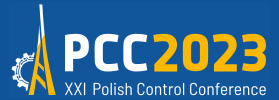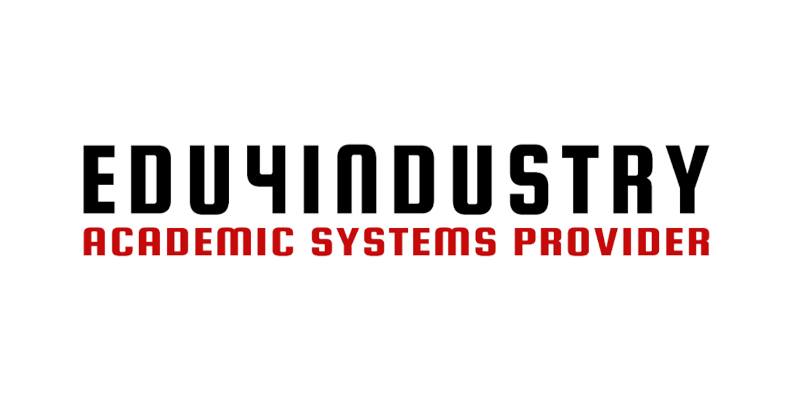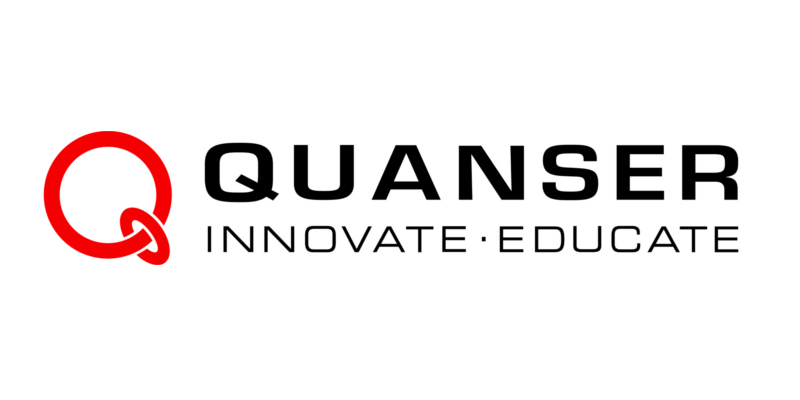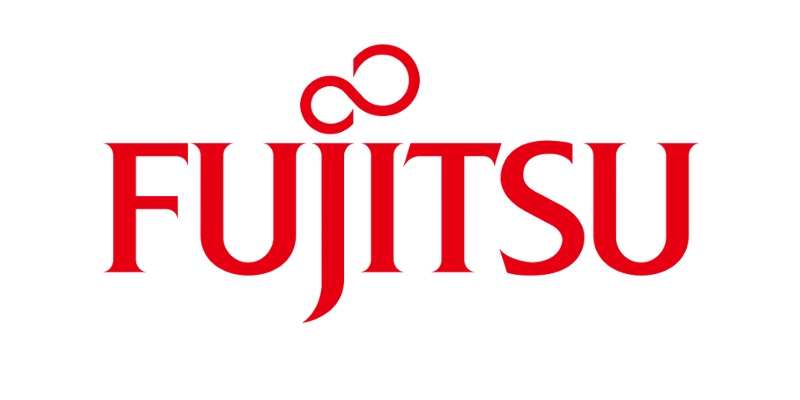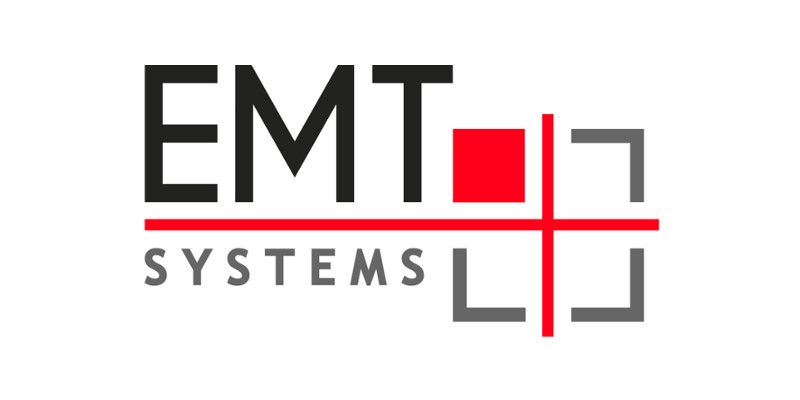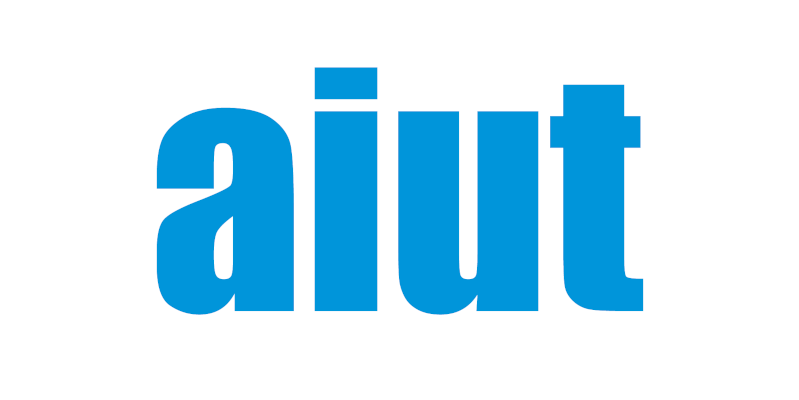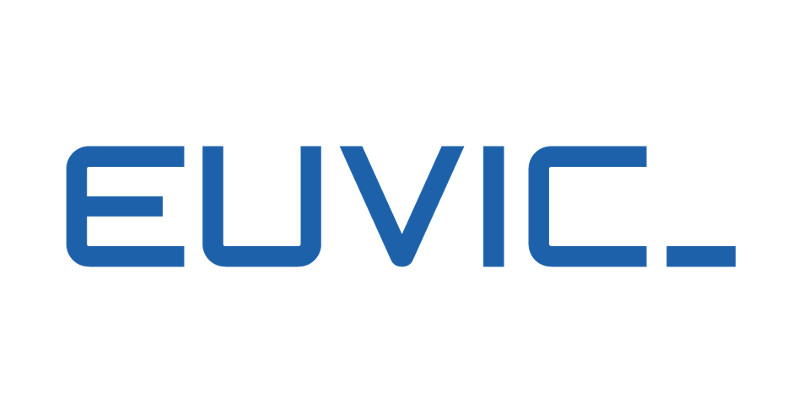Special Sessions organized during the XXI Polish Control Conference
1. Energy harvesting system and application - organized by dr hab. inż. Andrzej Koszewnik, prof. PB, e-mail:
The special session „Energy harvesting system and application” aims at showing results of simulations and experimental tests of vibration-based energy harvesting systems. In addition, this session will allow to present possibilities of application of this system to control of vibration of mechanical structures or design of wireless to health structure monitoring.
2. Design and Control of Autonomous Marine, Robotics and Vehicles Systems - organized by: dr hab. inż Anna Witkowska, prof. PG, e-mail:
The special session is dedicated to original papers that address major research challenges related to autonomy of vehicles, marine systems and robots. Potential topics with respect to robot, marine and vehicle systems include but are not limited to: guidance, navigation and control (GNC), cooperative navigation, decision making and autonomy, energy and power management, sensor fusion, integration and perception, modeling, identification and estimation, learning and adaptation, motion planning and path planning, Multi-sensor systems, simulation cases and applications, levels of autonomy, Formation control and coordination.
3. New AI/ML Applications in Automated and Connected Vehicles - organized by: dr hab. inż. Paweł Skruch, prof. AGH , e-mail:
Artificial intelligence methods, including machine learning, are expected to be the key to achieving higher levels of driving autonomy. AI methods allow for the development of technologies that respond to the current challenges related to autonomous vehicles. These includes both research and implementation challenges. The purpose of the special session is to discuss the latest achievements in the field of artificial intelligence, in particular machine learning, which have application potential and can accelerate the industrialization of technologies for automated and connected vehicles.
4. Embedded perception and control systems of autonomous vehicles - organized by: prof. dr. hab. inż. Marek Gorgoń, dr inż. Tomasz Kryjak , e-mail:
In recent years, there has been a dynamic development of widely defined vehicle autonomy - both cars and unmanned aerial vehicles (drones). One of the key elements of these solutions are the environment perception and control systems - they should be characterized by high accuracy, and at the same time run on embedded computing platforms with relatively low energy consumption (e.g. eGPU, SoC FPGA, etc.). The aim of the proposed session is to present the latest achievements in this important area of modern automation and robotics. Session topics include: autonomous vehicle perception systems, control systems ("classic" and using ML), processing data from cameras, LiDAR sensors, radar, the use of neuromorphic calculations, including pulse neural networks, embedded implementations of the above systems on platforms: eGPU, SoC FPGAs, single board computers, ML accelerators.
5. Cybersecurity of Industrial Systems - organized by: dr hab. inż. Paweł Kasprowski, prof. PŚ, e-mail:
More and more services and functionalities in both industry and public services are being accessed remotely via the Internet. Therefore, safeguards to restrict physical access to resources are becoming less important than safeguards to control network access. For this reason, issues related to so-called cyber security are gaining importance. The session is devoted to issues related to securing industrial systems against various types of cyber attacks, which is becoming particularly important in the current international situation.
6. Optimization and Quantum Computing - organized by: prof. dr hab. Wojciech Bożejko, e-mail:
Optimization or, more broadly, operations research is somehow suspended between three disciplines: automation and robotics because of the issues to be solved, computer science in the context of tools, and mathematics because of the methods of modeling the issues. In the context of applications in automation and control, optimization as a tool in recent years has received a powerful ally in the form of quantum computers dedicated naturally to solving optimization tasks by searching for minimal-energy states. In this context, quantum annealing is an extension of the metaheuristic tools used in automation and especially control of discrete systems for over three decades. The purpose of the special session is to discuss the latest developments in the application of modern optimization methods to the automation and control of discrete and continuous processes, in particular, the serialization of production tasks.
7. Machine learning based decision support in medicine - organized by: prof. dr hab. inż. Ewa Niewiadomska-Szynkiewicz, e-mail:
Information systems support modern medicine. Decision support systems assist in medical diagnosis, action planning, and operational medicine. In recent years, there has been significant interest in using machine learning algorithms in medical applications. This session aims to discuss the latest developments in the application of artificial intelligence methods in medicine. Topics covered in the session include ICT systems supporting doctors of various specialities, e-health applications, medical image processing, online imaging, methods of medical data analysis, medical robots, standardisation of AI applications in medicine.
8. Statistical and stochastic methods in control engineering applications - organized by: prof. dr hab. inż. Jerzy Baranowski, e-mail:
Scope of the session considers all recent developments in statistical sciences for control applications. This includes, but is not limited to: technological process diagnostics, control data analysis, statistical process control, stochastic processes, including Gaussian processes and fields, information theory, and technical applications of Bayesian methods.
9. Application of Fault Tolerant Control Systems in Mobile Robotics - organized by: dr inż. Leszek Ambroziak, e-mail:
This special session is devoted to the presentation of the results of scientific research on active and passive control systems tolerating failures, used in mobile robots. The works may concern e.g. systems for diagnosing failures in actuators, sensors, communication systems, etc., monitoring the technical condition of mobile robots and reconfiguration of control systems.
10. Fault diagnosis and fault-tolerant control - organized by: prof. dr hab. inż. Józef Korbicz, e-mail:
A significant research effort has been focused on the design of fault diagnosis of sensors and actuators with computer-based counterparts. However, the design of such schemes has mainly been oriented towards compensating the effect of sensor and actuator malfunctions by performing appropriate control actions called Fault-Tolerant Control (FTC). Such strategies can be perceived as post-fault ones. Note that the fault is defined as an unpermitted change of at least one characteristic system parameter while the failure stands for a complete system inability to perform a desired mission. Apart from control and diagnostic actions, maintenance costs constitute a large portion of the operating and overhead expenses in complex systems. A large portion of this cost results from inefficient maintenance operations, such as unscheduled down-times due to unexpected failures, poor spare parts logistics, and replacement policies. Another reason of such an unappealing effect is related to an inappropriate exploitation of system components, which leads them to the premature failure. Thus, recent research focuses on estimating the remaining useful life of the system components. The special session is oriented presenting recent advances in these emerging areas.
11. Application of Industry 4.0 for Sustainable Production and Responsible Consumption - organized by: dr hab. inż. Szymon Ogonowski, prof. PŚ, e-mail:
While aiming to achieve a higher level of automatization and operational productivity, the Industry 4.0 concept requires vast computerization, interconnection as well as horizontal and vertical integration in the traditional industry. Production process in this concept creates a cyber-physical system that is based on cutting-edge technologies, heterogeneous data and integration of knowledge. Such approach has the potential to increase productivity while simultaneously having a significant impact on social and environmental sustainability. This Special Session is focused on the research related to technological, organizational, educational, economical and sociological challenges of the fourth industrial revolution as well as presentation of recent Industry 4.0 applications tailored for increasing the sustainability of production and consumption. While this Special Session is prepared for researchers from the partners of EURECA-PRO University Alliance, valuable findings from experts outside of the Alliance are mostly welcome.


